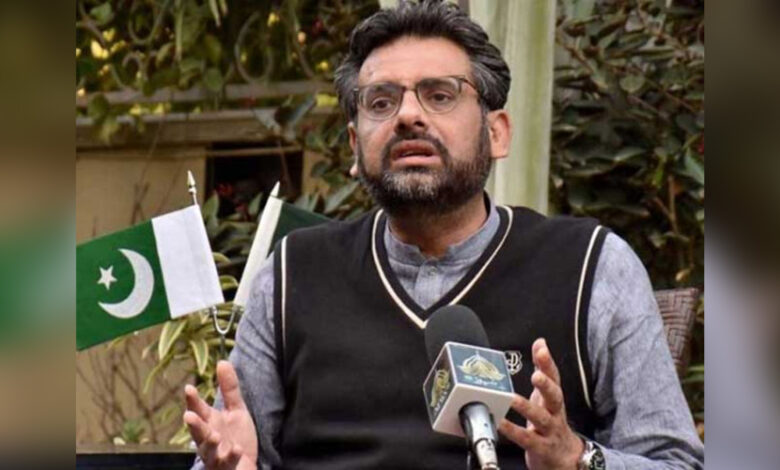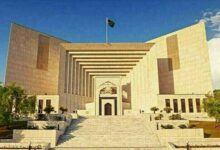KP Finance Advisor Criticizes Government’s Economic Policies, Claims Inflation Still Above 8%

Peshawar:The Finance Advisor to the Khyber Pakhtunkhwa government, Muzammil Aslam, has strongly criticized the federal government’s handling of inflation and the economy, stating that the country’s core inflation rate remains above 8%, despite the government celebrating a decrease in inflation.
In his response to the rising cost of living and the economic outlook, Aslam accused the Pakistan Muslim League-Nawaz (PML-N) and the Pakistan Democratic Movement (PDM) of maintaining outdated economic policies. He pointed out that when private sector individuals are included in the cabinet, the underlying economic conditions remain unchanged.
“As usual, there is no new strategy. Ishaq Dar and Ahsan Iqbal, who are leading PML-N’s economic agenda, continue to rely on old ideas,” said Aslam. He added that during a recent National Economic Council (NEC) meeting, Prime Minister Shehbaz Sharif was briefed about the country’s growth rate projections, revealing that the average growth rate for the next five years is expected to be less than 4%, with negative growth estimates for key crops in the upcoming year.
Aslam also questioned how the government plans to tackle unemployment and poverty under such a vision, to which there was no clear answer. “Shehbaz Sharif passed the responsibility on to the Chairman of the Planning Commission,” he noted.
The Finance Advisor further claimed that Pakistan is already in a state of economic recession, with both agriculture and industrial sectors in the negative. Despite this, the government refuses to acknowledge the crisis, instead calling it ‘stability.’ He criticized the government’s inability to accurately read economic data, adding that they are celebrating a decrease in inflation without recognizing that it is due to reduced demand, purchasing power, unemployment, and poverty—factors that are not linked to productive growth.
According to Aslam, the reduction in prices should not be confused with an actual decrease in inflation, as it is not a result of economic growth but rather a consequence of deteriorating economic conditions.






